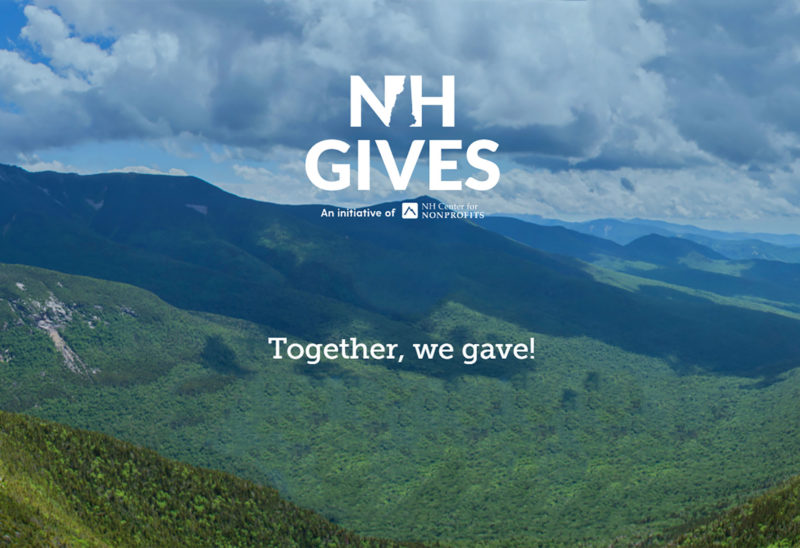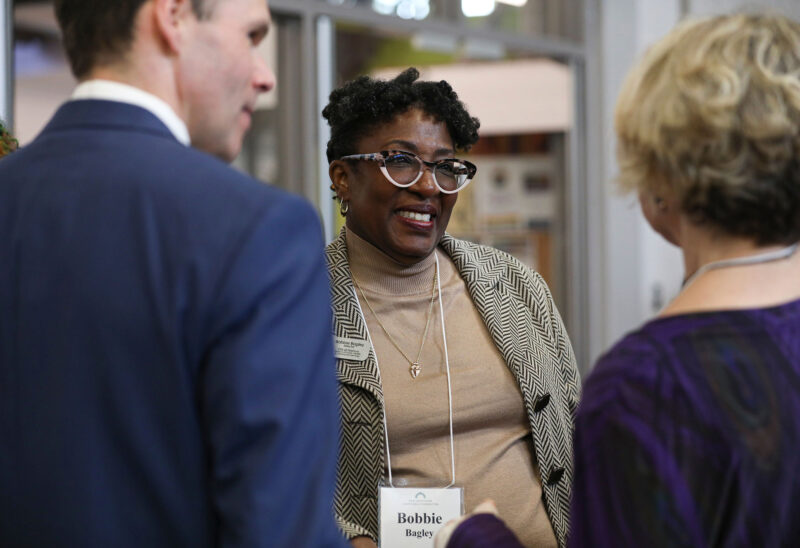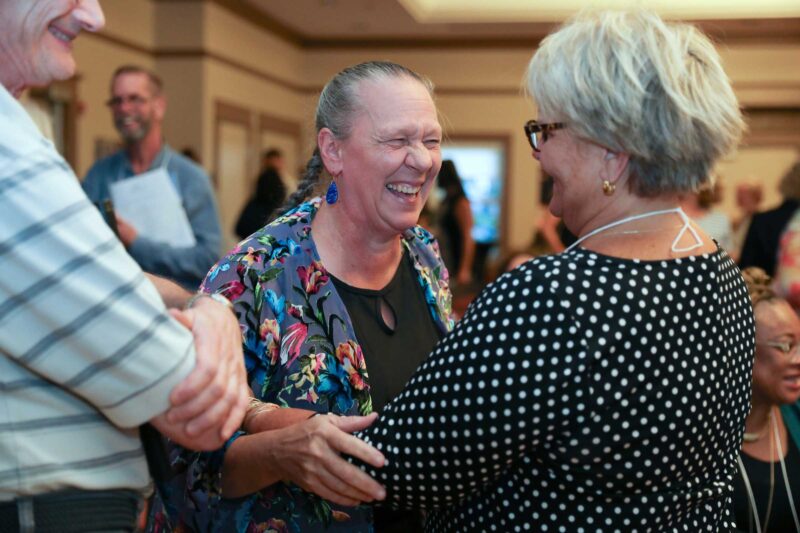The Senior Executives in State and Local Government program at Harvard’s John F. Kennedy School of Government provides an opportunity to interact with leaders from across the world working in state and/or local government. It is a unique opportunity to understand the challenges they face and to see things through their eyes — and to check your own beliefs and assumptions.
The program continually pushed me out of my comfort zone. Every carefully planned component of the program — from your assigned seat and study group to topics covered and the approaches used by professors — all pushed participants to different points of discomfort. Come out in opposition to another student’s classroom comment…and find yourself assigned to his/her study group. Ingenious program strategy. Something as basic as where you sit in a room has an impact on what you see and how you see it. This program creates (sometimes forces) opportunities for interactions with people who do not think like you do. To grow as a person and as a professional, you have to be willing to be uncomfortable. In fact, I recommend that you embrace it!
What made the biggest impact to me personally began on day one, during introductions. The classroom was filled with a mix of elected and appointed officials from across the country and the world, from as close to home as Boston and New York — and as far away as Iceland and Australia. One elected official, during her introduction, talked about canvasing her neighborhood in an American city for votes, and having the police called on her because she “looked suspicious.” She is a woman of color and was canvassing in her predominately white neighborhood. Afterward, she put forward legislation in her state that ultimately passed, protecting the rights of canvassers. To be honest, while she was explaining the experience I was thinking, ‘is this really an issue that requires legislation, or was it an isolated incident?’ At my table that evening during dinner, I asked what others thought. Lo and behold, another woman at my table said she had personally experienced something very similar. This turned out to be the first of many times during the three-week period that I had to step back and challenge my own assumptions.
Professors pushed the boundaries with choice of topics as well as their comments and questioning to participants. To the point where I sometimes found myself thinking ‘Hey, you can’t say that.’ However, I soon realized that these lectures would be like no others that I had ever attended. They initiated thought-provoking conversations that continued well beyond the classroom into our breaks/lunches/dinner and more. Topics like immigration, race, and gender at times created explosive, passionate debate in the room. These debates, and this entire program, forced me to question the things I “thought” I knew. Now, I ask myself constantly: Do I really know and understand an issue? Have I taken the time to reach beyond just filtering it through my limited world experience? Am I challenging my personal and organizational assumptions? Have I really tried to understand the other person’s story?
I am beyond grateful that I had the opportunity to attend this program. The New Hampshire Charitable Foundation, donors to the Caroline and Martin Gross Fellowship, and support from the City of Keene made it possible for me to attend. This experience pushed me to grow as a person and a professional. This program forces you to recognize that experiences create bias that shapes our beliefs and assumptions. Once you recognize that and push back, listen, and challenge your assumptions, you grow and make better decisions as a municipal leader. I am forever thankful for this experience, and I am confident that the City of Keene will be better served as a result.

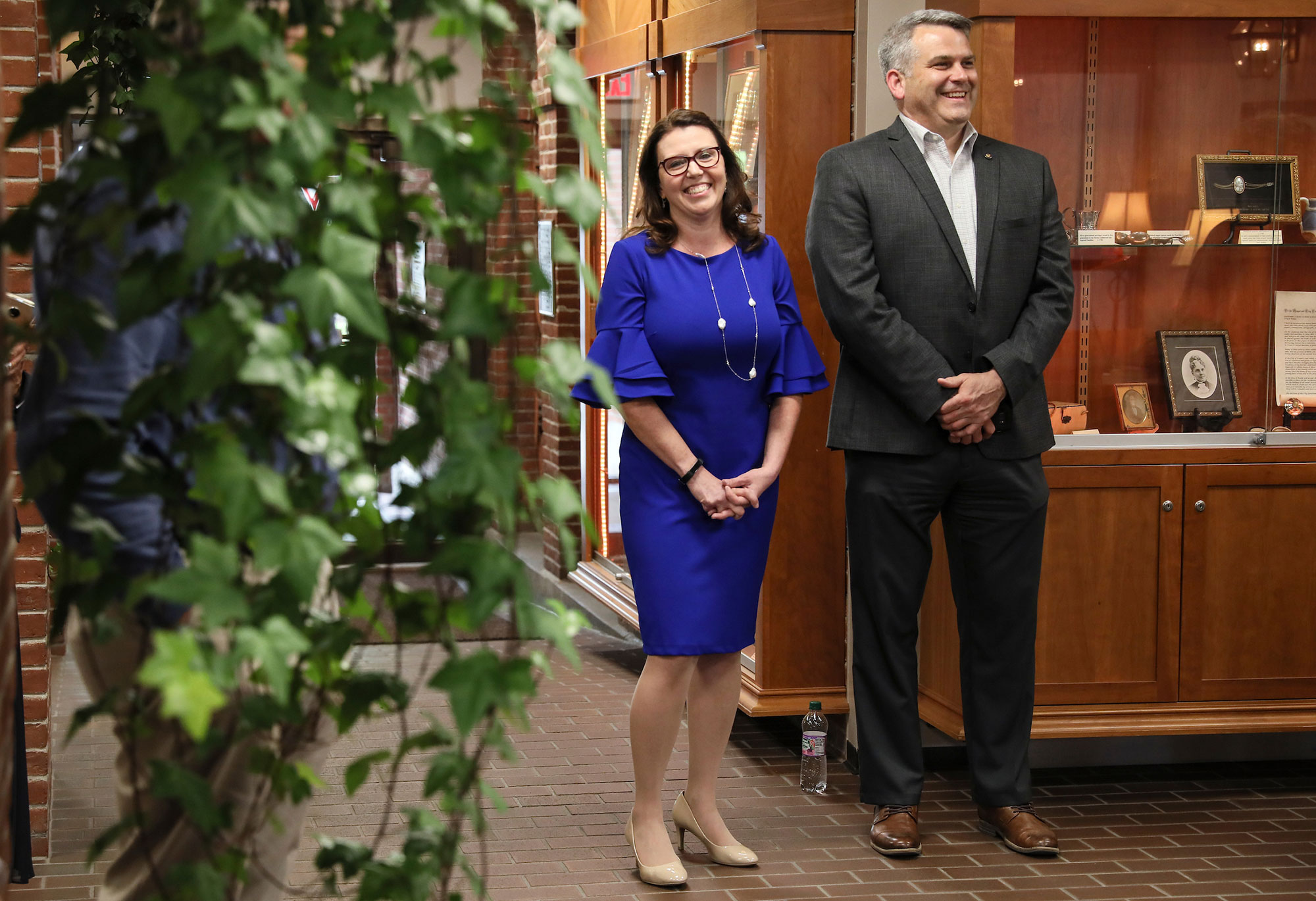






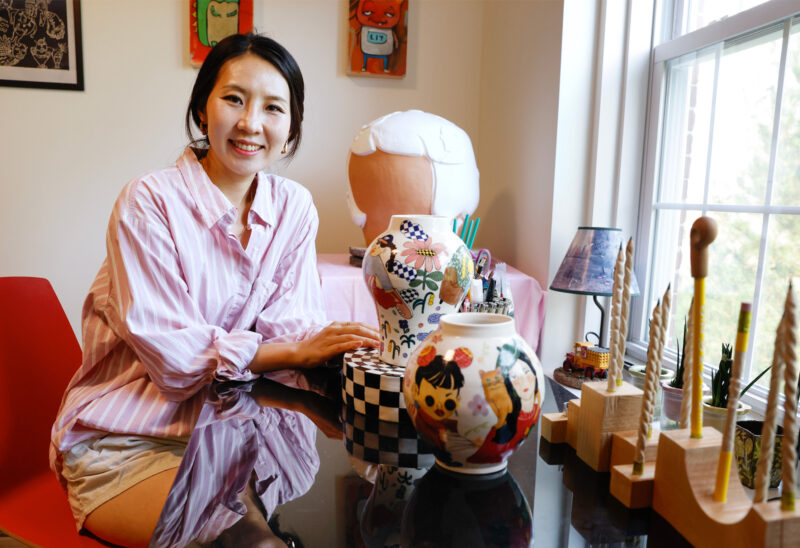
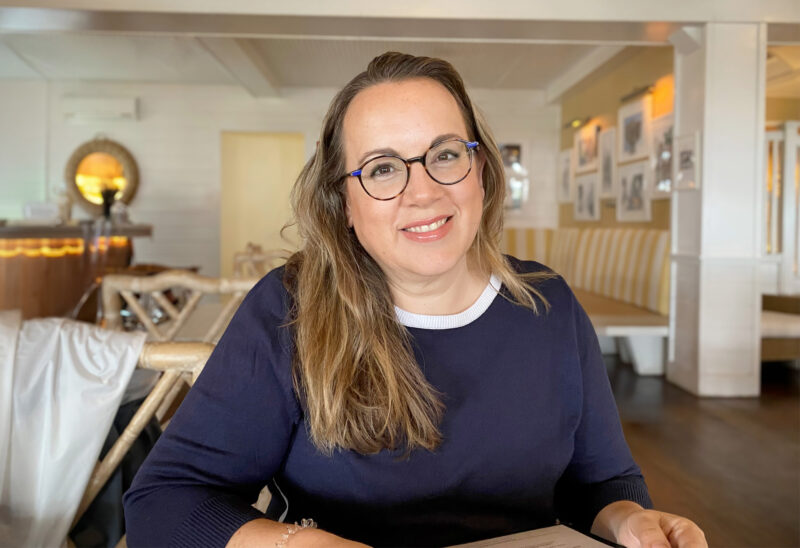
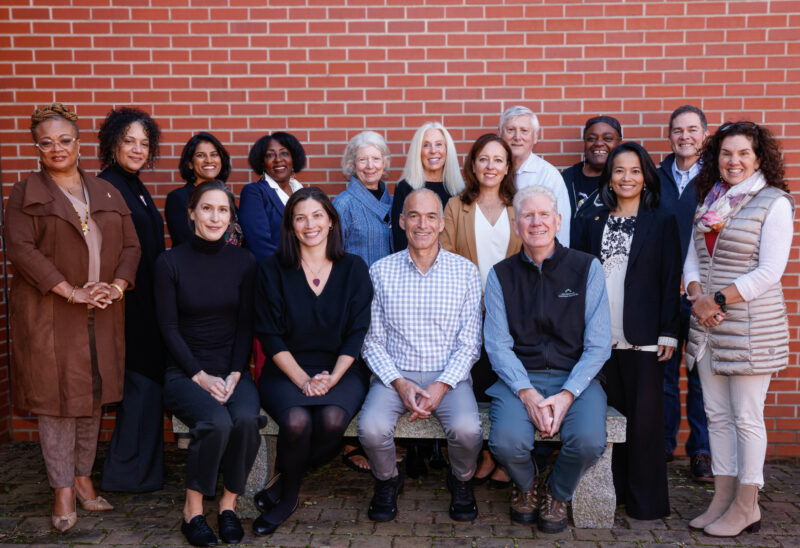
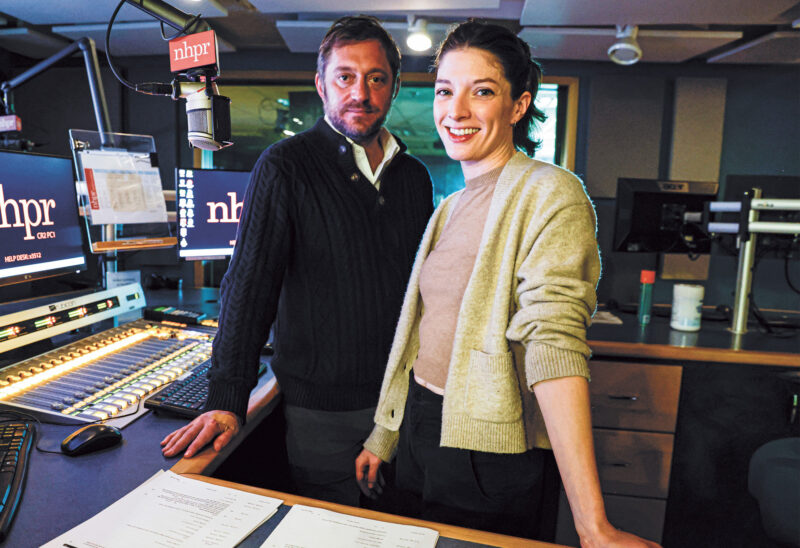
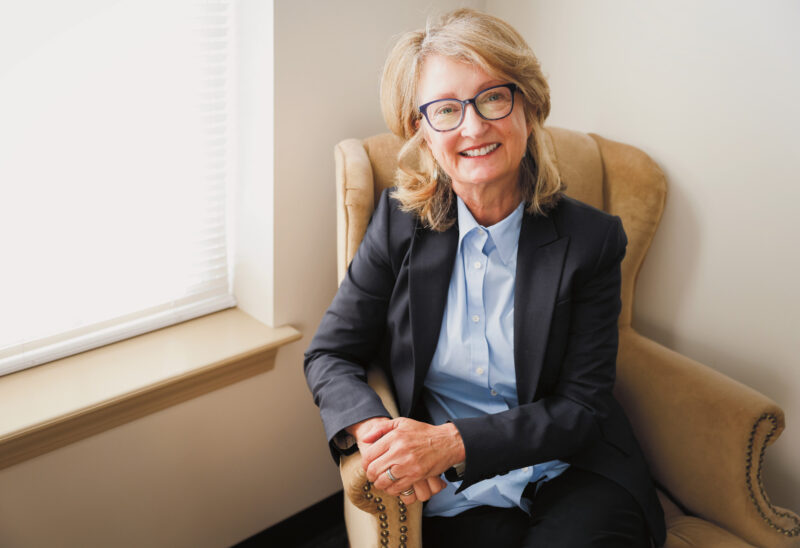
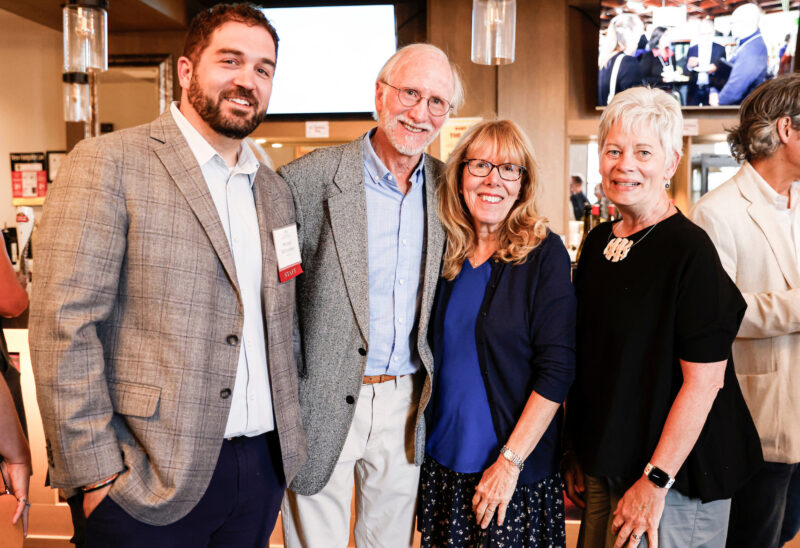
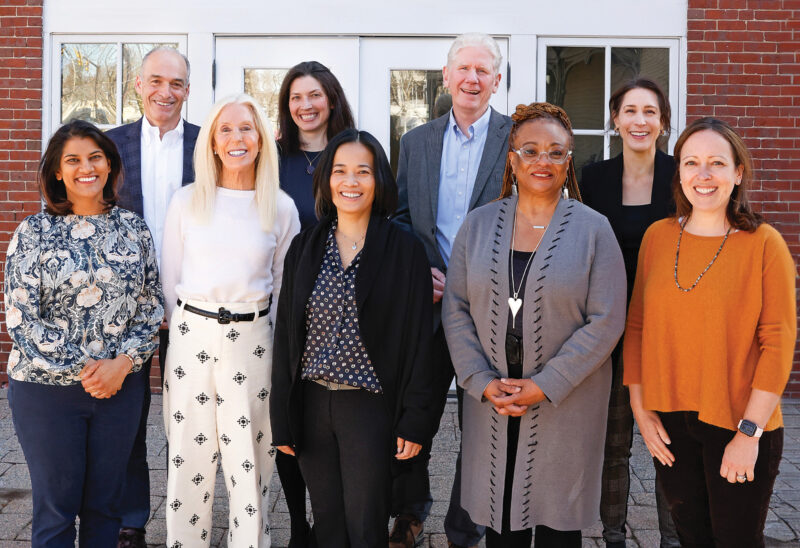
![Indrika Arnold, Senior Wealth Advisor, the Colony Group [Photo by Cheryl Senter]](https://www.nhcf.org/wp-content/uploads/2024/05/Indrika-Arnold-Hero-800x534.jpg)
